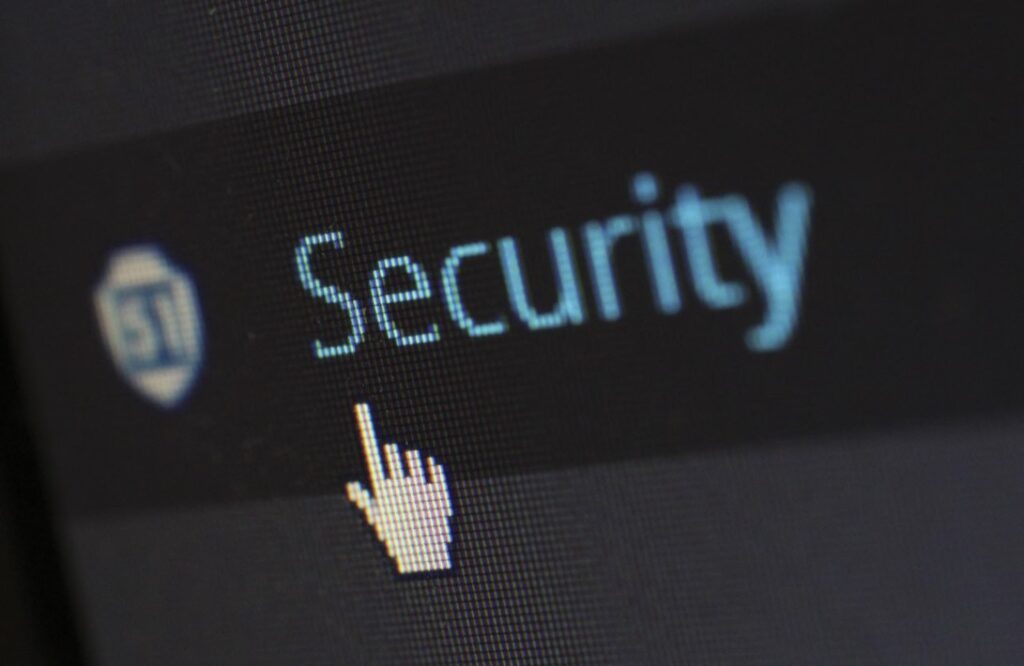No doubt, the internet is the go-to place to find information on almost anything and it offers unlimited opportunities to connect with friends, families, and loved ones. However, beyond the fun and excitement that the internet offers, it is also a platform for the perpetration of illegal activities such as cybercrimes, cyberbullying, and many other vices associated with the internet.

The truth is that while the internet opens you to a world of vast and endless possibilities, it also
makes you vulnerable to several risks. This is why it is crucial to protect your devices and
information while accessing the internet.
Why You Should Prioritize Safety On The Internet
From stolen personal information, account hacking, catfishing, to email phishing, there are several different kinds of risks associated with using the internet. You should prioritize being safe on the internet to prevent any risk or compromise on your information. There are several ways you can improve your Internet security, but practicing some of the tips discussed in this article can help you stay safe on the internet. If you do not maintain safety while accessing the internet, you become susceptible to all kinds of risks. These can be categorized into three major types:
Content Risks
There are several types of content risks, from suspicious “phishing” emails to attempts to gather information via viruses or spyware installation on websites and devices. The best thing to do is to avoid viewing risky content online and update your device’s security and virus protection.
Conduct Risks
Conduct risks are associated with behavior and these refer to how people get into trouble with the way they “conduct” themselves in the social space and cyberbullying is one of the most common forms of conduct risk.
Contact Risks
Just as the name suggests, contact risks have to do with procuring contact information. Hackers and cybercriminals can steal your identity or retrieve sensitive information about you from the internet.
The bottom line is that internet-associated risks are scary, but there are some practical and simple tips you can use to stay safe on the internet.
Top Tips To Stay Safe On The Internet
Always Keep Your Privacy Settings On
There are settings available to protect your privacy online and you can find them on mobile operating systems and web browsers. Enabling privacy options on your mobile or desktop device safeguards your browsing experience.
Avoid Shady Websites
Don’t give hackers the chance to get to you or get hold of valuable data. If you don’t want to get your device infected with malware or get your data exposed, you need to be conscious of avoiding hard-to-see pitfalls. Don’t visit unsafe or shady sites.
Download With Caution
Avoid downloading apps that are on a site you don’t trust. These suspicious apps may be created to steal your information and may carry malware too.
Always Use Strong Passwords

Passwords like “1234” or your dog’s name are probably going to be a piece of cake for hackers and cyberthieves to crack. Instead, use strong passwords that include a combination of letters (in upper and lower case), numbers, and symbols. Your password should be about 15 characters long.
Truly, it’s undeniable that the internet does feel like a dangerous place, especially with malware, cybercriminals, and many more dangers lurking around on the internet. But, if you practice some of these useful tips, it can help you stay safe on the internet.






![[Top 9] Chat Forums on Deep Web | Deep Web Chat Rooms | Enter At Your own Risk Top 9 Chat Forums on Deep Web, The Lolita City, onion deep web, dark web lolita, lolita city,](https://www.gadgetgyani.com/wp-content/uploads/2018/03/deep-web-CHAT-FORUMS.jpg)













